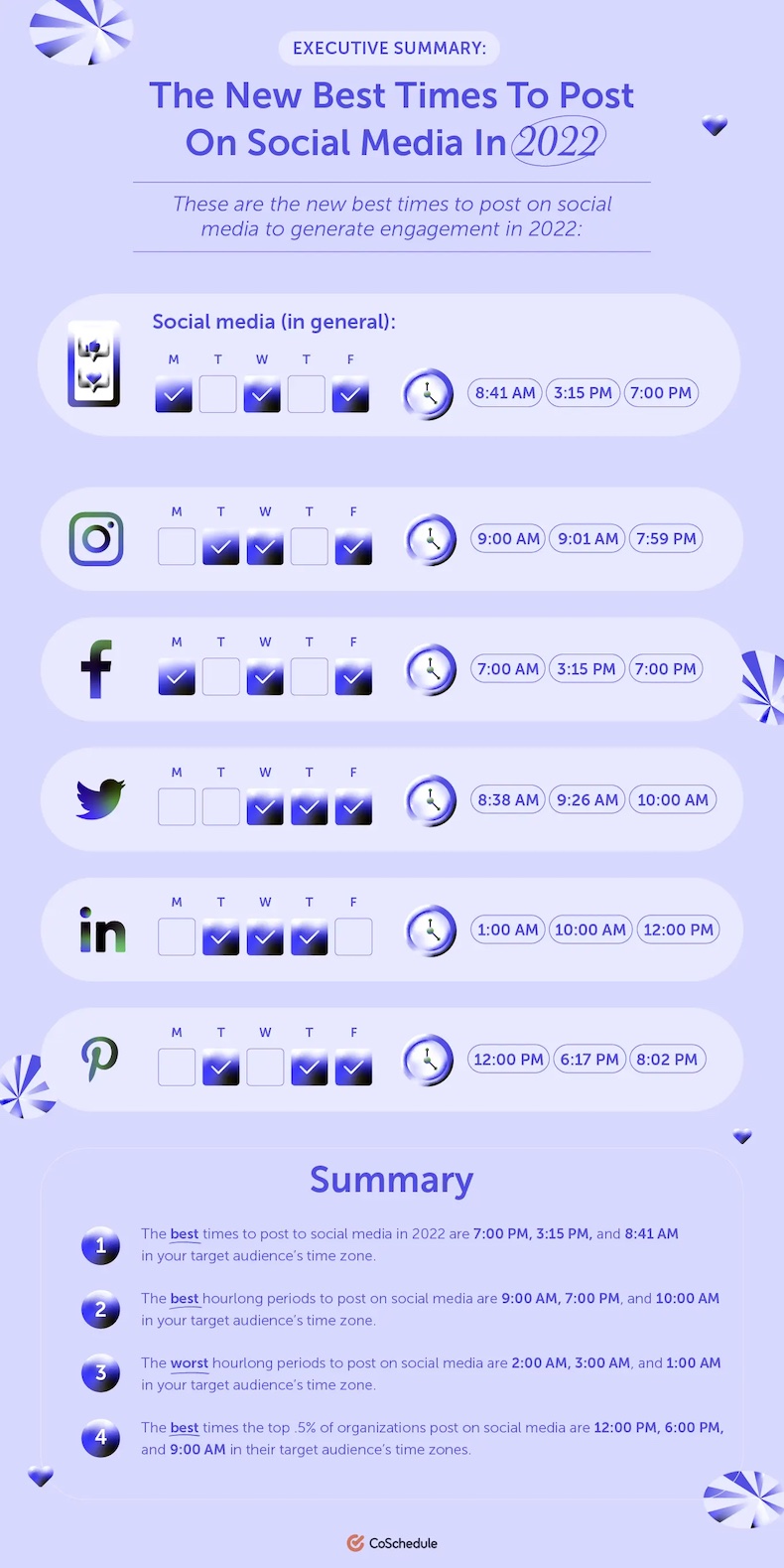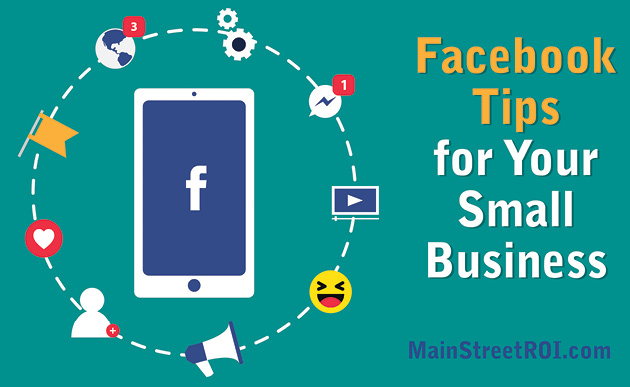
You can add social proof to your emails, product pages, and ad campaigns. Social proof empowers real customers to tell their stories about how they've used your product or service. Stories of satisfied customers can be powerful. It's easier than ever to incorporate social proof into your marketing campaigns. Below are some suggestions for how to integrate social proof into your marketing plan. And, remember: the more social proof you have, the more persuasive your marketing will be.
Marketing with Influencers
You need social proof to support your claims and build trust with customers. You can use social proof to back up your claims by proving that there are satisfied customers and trusted public figures. It does not need to be the customers themselves; logos and certificates from business clients can provide social proof. Influencers have the opportunity to use social proof as a marketing tool. Continue reading to learn more about influencer marketing and how it can help your business.

Social proof is the ability to prove that the person you reach is legitimate. Influencers could be any person. To increase brand exposure, choose the influencers that have the highest number of followers in a certain demographic. In order to prove your product's superiority and expertise, select influencers with previous experience in the niche or industry you are targeting. This can increase trust and credibility.
Customer reviews
Customers' reviews are essential for building trust in your brand and products, no matter if you are an established business or a new company. Customer reviews are a great way to differentiate yourself from the rest. They also help customers evaluate the quality of your products. Customer reviews, when used properly, can make your business an eCommerce brand. Continue reading to find out how customer reviews can help your business. Here are three methods to incorporate customer reviews into your marketing strategy.
Automated customer feedback collection is one way to reap a number of benefits. It saves time and money by eliminating the need for additional staff. It can be expensive to train, hire and manage customer service representatives. Automated review collection allows for you to concentrate on other important aspects of the business and enhances your online presence. Review management is much easier than you might think and will ultimately increase your revenues.
Customer Showcase
Social proof can be a powerful tool in building a brand. Customers don’t wait for brands to ask for their endorsement or reviews. Instead, customers post online praise or feedback, often in the form Instagram comments and social media posts. Although social proof works great for B2C products it is not so effective when promoting B2B products.

Social proof builds trust among potential customers, and helps to break down barriers to buying. Social proof is especially effective in online environments where trust is crucial to convert visitors into buyers. Customers may be reluctant to provide credit card information to a new business, but they feel much more secure providing it to a known brand. Trust can be built by showing people who have purchased your product or service. You can also increase your conversion rates by as much as 15% using social proof.
FAQ
What is the difference between web hosting and cloud hosting?
Web hosting refers to storing data on servers located at a particular location. Cloud hosting refers to storing data in remote servers accessible via the internet.
Do I need to register my domain name before building my website?
Before you can launch your own website, you must register your domain.
Domain names are $9 per year. For example, buying a dot com domain name will pay around $39 annually.
How much does it cost to host a website?
Prices for hosting vary depending on the amount of traffic that your website receives.
You can expect to pay about $50 per month if you have 10,000 pageviews per month.
However, if your site receives more than 100,000 visits each month, you can expect to get charged approximately $100 monthly.
How do I make affiliate marketing money?
Affiliate marketing is one of many ways to make money online. You don't even need to leave your home! You must sign up for an affiliate program, find a product or service you like, promote it, and get paid once someone buys from you.
If you would like, you may also market multiple products simultaneously. Only promote products that you are knowledgeable about.
Dropshipping - What does that mean?
Dropshipping allows your store to sell directly without stock. Amazon fulfills orders, so you just place your order for the products that you desire to sell. When someone purchases something from your shop, you ship it directly.
You don't have worry about shipping costs or stock storage. Your focus is on your customers and growing your sales.
If you already have a successful eCommerce company, this is a great option. Dropshipping is also an option to make passive income. You can run ads on your site.
What are the Amazon affiliates' earnings?
Amazon affiliate program pays affiliates a commission on sales made through links placed on their sites. Your commission will be between 10-20% of the sale price, usually around $10-30.
The product sold and the amount of commission paid will determine how much commission you receive. You would get 50 cents for every $50 item purchased.
On average, affiliates earn between $100 and $200 per month.
Statistics
- Backlinko found that the #1 organic result is 10 times more likely to receive a click compared to a page in spot #10. (shopify.com)
- The latest stats show that 87% of marketers use email marketing to distribute content. (shopify.com)
- A recent study by Mediakix revealed that 80% of marketers find influencer marketing effective. (shopify.com)
- According to research from Adweek, over half (51%) of TikTokers make purchases from brands they see in the app. (shopify.com)
- BigCommerce affiliate program , you receive a 200% bounty per referral and $1,500 per Enterprise referral, with no cap on commissions. (bigcommerce.com)
External Links
How To
Pros and cons of affiliate marketing
Affiliate marketing, which is performance-based marketing, allows affiliates to receive compensation from advertisers for driving traffic to their websites. The most common form of affiliate marketing is pay-per-click (PPC). Other forms of marketing include cost/per-action (CPA), CPL (cost per lead), and CPS (cost per sale).
The main benefit of this kind of marketing is that affiliates do not need special skills or knowledge to generate sales. They need only a website and some promotional materials. Affiliate marketing comes with many drawbacks. To make money with affiliate marketing, you need to attract many people to your site. You will also need to devote time creating content and marketing your site. A disadvantage of affiliate programs is the amount of work required to setup and maintain them. Affiliates often start small and grow to full-time businesses.
Pros:
-
It is easy to get started, and there is no upfront investment.
-
No long-term commitment.
-
Low risk.
-
Easy to scale.
-
For beginners.
-
There is no need to be familiar with the business model.
-
It can be used for passive income generation.
-
Customer support is not something you need to worry about.
-
It allows you to make a schedule that is flexible.
-
You can work from anywhere.
Cons:
-
It takes time.
-
You may find it difficult to compete against larger companies.
-
It takes patience.
-
It is not right for all.
-
You cannot control the product quality you promote.
-
It is difficult for you to measure your results.
-
It can get expensive to run if you don't know what you're doing
Affiliate marketing is an excellent way to make money online. Although it is one of the easiest forms of online entrepreneurship, it requires a lot more effort and dedication in order to succeed. You can learn more on affiliate marketing by reading the following posts.